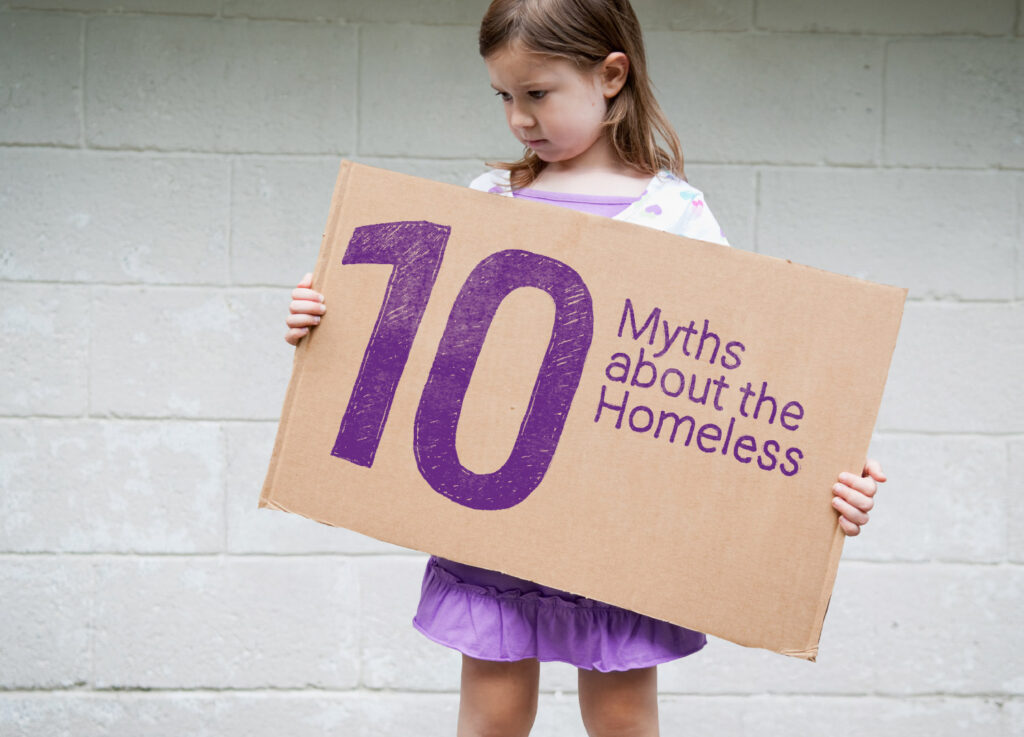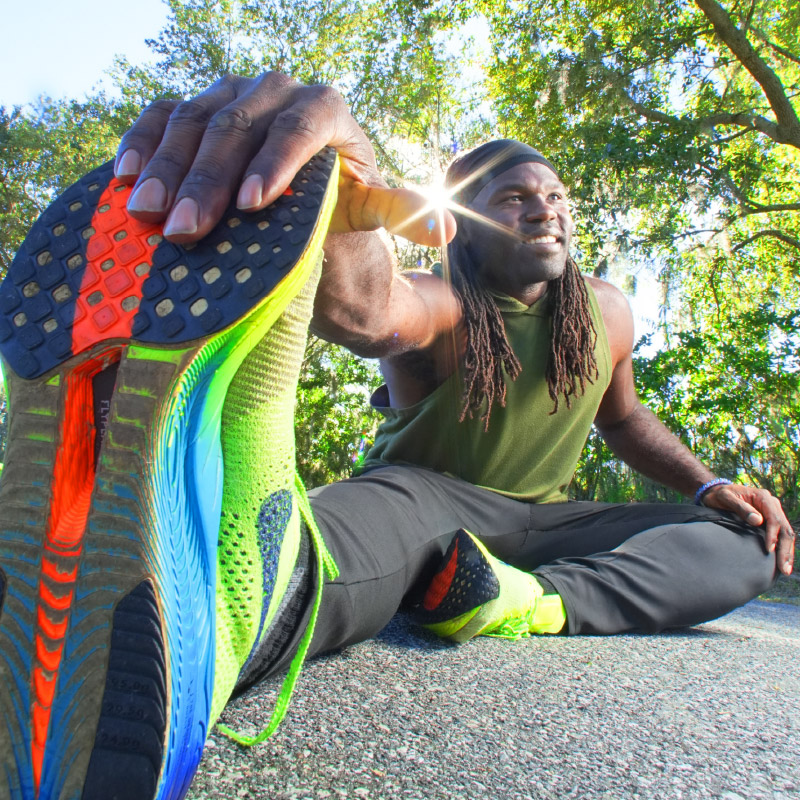Oh Well!
Soakin' in
the Summer
Dangerously high temperatures are on the horizon. Here’s how our heat lovin’ locals stay hydrated.
- Kate McDonald

Let’s talk about water. No, not the kind you swim in or sail on, but the kind you drink. In Central Florida, where the heat can make you feel like you’re living inside a convection oven, staying hydrated is about as important as remembering to put on pants before leaving the house.
Now, serious dehydration is not just “oh, I’m a bit thirsty.” It’s more like your body is staging a protest because you forgot to invite water to the party. When you’re dehydrated, your blood volume drops. This makes your heart say, “Hey, I didn’t sign up for this extra work!” It’s like trying to drive a car with a gas tank that’s almost empty—not a good idea.
Your body also loses its ability to regulate temperature, so you start heating up. You might feel weak, dizzy, your heart rate goes up, your focus goes down, and you start making decisions that make as much sense as a screen door on a submarine.
And then there’s the granddaddy of dehydration disasters: heat stroke. That’s when your body throws in the towel and says, “I’m out.” Your cooling system shuts down, and you’re in serious trouble—like, “call 911 and hope they get there faster than a pizza delivery” kind of trouble.
Even those passionate about those 105-degree, 100% humidity days will be brought to their knees without taking the proper precautions. Whether they are theme park workers, dog walkers, gardeners, or roofers—life goes on, regardless of how unbearable the heat may be.
Kevin Mitchel, the owner of Horizon West Roofing, leads a fearless team that confidently faces the blistering summer heat every day. His advice: “Start the day by hydrating and then continuously drink water while rotating with an electrolyte drink. We have a big ice chest full of water at all times, and I encourage my team to come off the roofs every 30 minutes to rehydrate.”
Kevin jokes, “The best way to stay cool in the summer is to stay off the roof! But in all seriousness, take breaks, seek shade, and take the time to adjust to the increase in temperature.” These are practical tips for staying hydrated and safe in extreme heat.
Mark Wagner agrees. He has spent his adult life performing at Walt Disney World. “I hate to admit it, but I am not the best at staying as hydrated as I should,” he shares. As a stilt walker and entertainer, his job’s physical demands can sometimes creep up on him.
“What’s good is that I have learned to prioritize hydration, which makes performing more manageable during the summer,” he says. Now, during a typical eight-hour day at Festival of The Lion King, Mark says, “I carry around an 80 oz. bottle of water and force myself to drink between shows and refill it at least once every shift. No one is perfect, but it’s all something we work at to perform at our best.”

–Kevin Mitchell
Wellness Counts
1,670
Deaths from heat stroke nationwide since 2022.
SOURCE: cdc.gov
65k
ER visits for heat-related illness.
SOURCE: cdc.gov
69%
of heat-related deaths were males.
SOURCE: cdc.gov
81%
of heat-related deaths occur in urban areas.
SOURCE: cdc.gov
43%
of all heat-related deaths occur in Arizona, Texas, and California.
SOURCE: cdc.gov

Fast Fact
For people who work outdoors during heat waves, or for people who participate in outdoor activities, the Centers for Disease Control recommends the following during their period of activity:
- Drink 1 cup (8 ounces) of water every 15–20 minutes. This translates to 0.75-1 quart (24–32 ounces) per hour.
- Drinking at shorter intervals is more effective than drinking large amounts infrequently.
- Do not drink more than 48 ounces (1.5 quarts) per hour! Drinking too much water or other fluids (sports drinks, energy drinks, etc.) can cause a medical emergency because the concentration of salt in the blood becomes too low.




